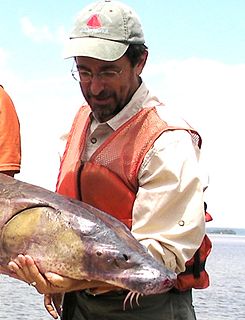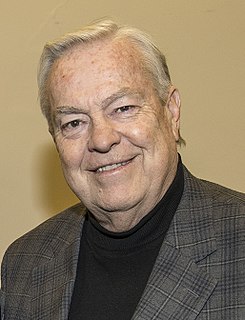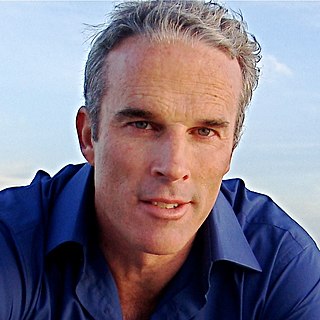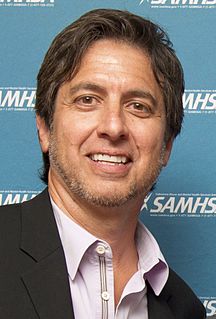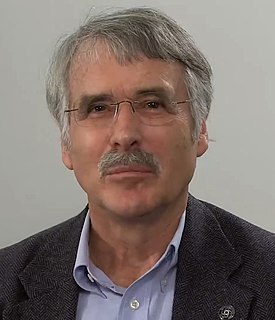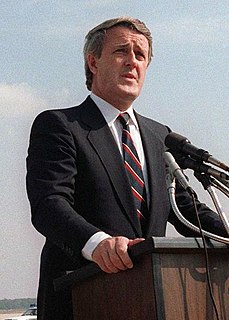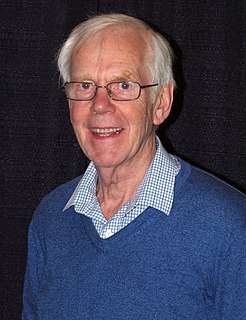A Quote by Andrew Revkin
The responsibility of the scientist or journalist is to convey the context. If you're talking about the Arctic Sea ice, you have to embrace the reality that there's a huge number of other things that influence that on a year-to-year basis.
Related Quotes
Remember...this year has already seen more billion-dollar weather-related disasters than any year in US history. Last year was the warmest ever recorded on planet Earth. Arctic sea ice is near all-time record lows. Record floods from Pakistan to Queensland to the Mississippi basin; record drought from the steppes of Russia to the plains of Texas...This is what climate change looks like in its early stages.
Much of the attention on oceans has portrayed oceans as a villain. Warm water strengthened Hurricane Katrina that pounded Louisiana. Rising sea level will flood islands and coastal areas. Or, we're talking about new opportunities like a new shipping lane in the Arctic because of melting sea ice. These may be the obvious problems, but they're probably not the biggest ones.
You should not fool the laymen when you're talking as a scientist... . I'm talking about a specific, extra type of integrity that is not lying, but bending over backwards to show how you're maybe wrong, [an integrity] that you ought to have when acting as a scientist. And this is our responsibility as scientists, certainly to other scientists, and I think to laymen.
There's another totally fraudulent recipient of the Nobel Peace Prize. Al Gore hadn't done anything but make a movie that itself was filled with misrepresentations about the amount of ice the poor polar bears have to live on, doctored photos. He said in his acceptance speech in 2007, getting a Nobel Peace Prize, that the North Pole would be ice free by 2013. Today the truth is, there is a record amount of arctic ice for this time of year. He couldn't have been more wrong.
When I started out, Jay Leno used to say you're not as good as you think you can be until at least your sixth year. I was like, what the hell is he talking about? 'Cause I was in my third year, and I thought, 'I got this.' I kept videos of myself performing, and in my fifth year I watched my third year and realized he couldn't have been more right.
When I wrote a long story about the retreat of sea ice, I made clear it could go the other way for a while, and that doesn't mean we don't know that a warmer world will have less sea ice. It just means there's a lot of variability and people can pay too much attention to the big swings in one direction or the other.
